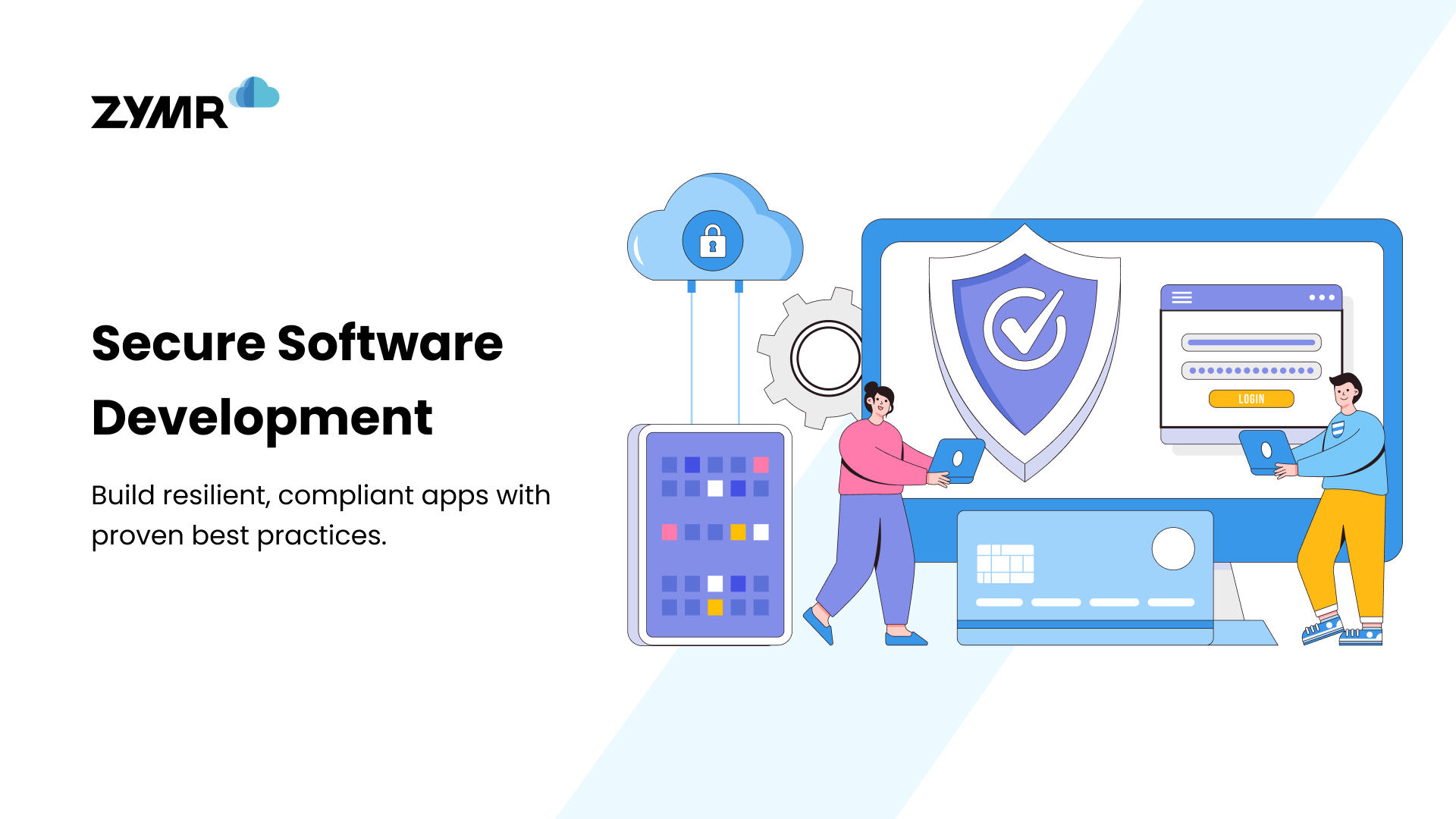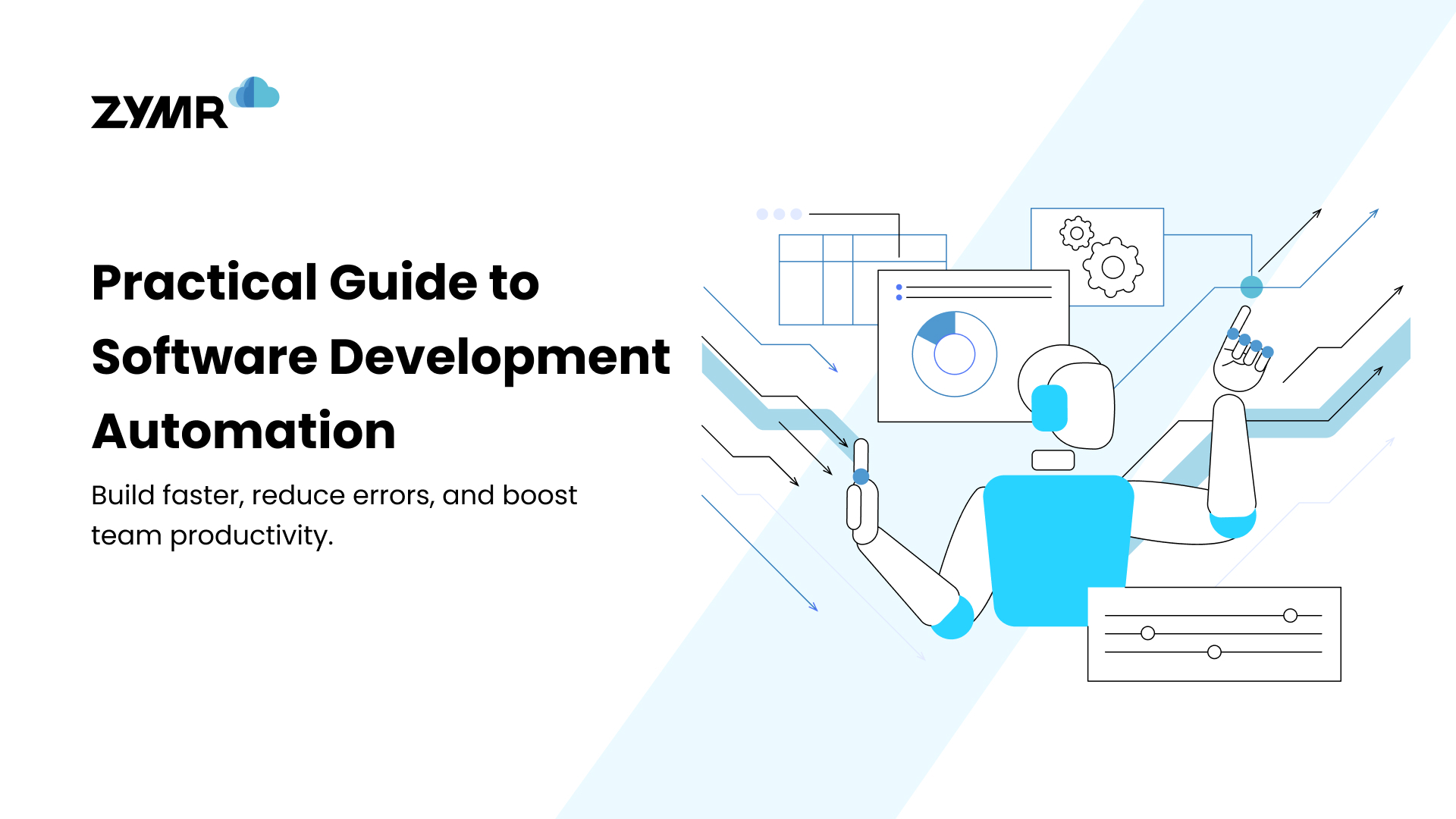Experience Greater Scalability, Flexibility, and Quick Time to Release with Serverless Computing

March 25, 2025
Serverless computing has emerged as an evolutionary paradigm to become the future of growth-seeking organizations. From scalability benefits to developer’s productivity, flexibility, latency, and more, serverless computing has got every business entity covered. Serverless has rapidly become a lucrative IT infrastructure for organizations to meet challenging goals. Without thinking about infrastructural requirements, organizations can now deploy an application within hours and days instead of spending weeks or months on the same. Corporate giants like Netflix are leveraging serverless to provide the best on-demand video streaming service. As serverless is an emerging trend in cloud computing, organizations can focus more on mission-critical applications as cloud providers take charge of infrastructure. With the serverless, cloud providers can offer superior capacity, scaling, and transparency. At Zymr, we have analyzed some of the key points related to the advantages of serverless infrastructure, and this blog will shed light on how organizations are leveraging it.
#1. Serverless Propels Innovation Capabilities and Cost Efficiencies
Serverless computing maximizes IT organizations’ efforts in developing and delivering applications and services across multiple architectures. Going serverless helps in innovating faster. Agility, transparency, and scalability go up as cloud vendors take charge of maintaining the infrastructure. Functions-as-a-Service (FaaS), including AWS Lambda, Azure Functions, and Google Cloud Functions, are gaining popularity. Organizations can save upon the unnecessary costs as they are only charged when the server is in use. Organizations can optimally spend money when APIs are used the most and when APIs aren’t used. Going serverless can help organizations realize cost efficiency. It involves outsourcing the responsibilities related to managing servers, databases, so on and so forth.
#2. Serverless is Much More than a Technical Shift and Enhances User's Experiences
Serverless computing doesn’t involve the setting-up of complex application stacks. Microservices and nano-services further improve the standard release cycle. Serverless may attract initial resistance as it is an altogether new infrastructural approach as it incorporates technological and cultural shifts. In user experience, the focus must be on front-end code to provide an exquisite user interface and experience. If organizations are stuck figuring the back-end codes, they will not focus on the front-end, which is critical to the application’s success.
#3. Serverless Enhances Automation, Improves Scalability, and Reduces Complexities
Every organization wants its application to run smoothly. Said that, how well those applications manage the load is one of the biggest questions. Serverless allows the developer fraternity to develop and deploy applications without thinking about cloud infrastructure swiftly. It induces cost savings as cloud providers charge only for the resources consumed by the applications. With scalability becoming automatic, organizations can solely concentrate on the codes and its release as they now don’t have to worry about provisioning needs. Serverless manages the infrastructure, and organizations can focus on the server-side code. Serverless is best suited for applications with dynamic usage peaks as it is highly scalable, as per the workload needs.
#4. Serverless Trends to Further Assist Organizations Achieve Operational Ease
Significant trends in serverless include FaaS market size to witness an upturn by 2021. Function-as-a-service (FaaS) as a cloud category has appeared as the newer type of serverless computing that disrupts the methods with which applications and systems are used to develop. Kubernetes will become the base for serverless infrastructure for its features like networking capabilities, scaling abilities, service discovery, and swift multi-cloud environment support. Github will gain more momentum for its ability to enhance operational efficiency.(Gain more insights on Top 5 Notable Enterprise Cloud Strategy Trends To Increase Business Growth)Serverless lets organizations of various sizes to run applications and services without having to manage the servers or worry about provisioning needs. Serverless initially got traction among startups for its pay-for-what-you-use model or pay-per-request which doesn’t hold true any more. With serverless as a powerful paradigm, developers can focus on core business functions and not on scalability or server maintenance. However, it is crucial to thoroughly understand the serverless characteristics and configuration otherwise it could lead to devastating impact on operational workflow, efficiency, and performance.
Looking for top-notch cloud computing services?
Standardize the platforms, revolutionize business models, and automate operations with our power-packed cloud computing services. Transform your traditional IT framework and extend the core of your applications with our ‘domain driven design’ to cloud computing solutions. As your trusted cloud consultant, we can help you define a future-state cloud business model. Leverage our solutions that intertwine the intelligence and automation capabilities to provide services efficiently, effectively, and securely at a cloud-scale.Contact our team to know more about our cloud services.
Conclusion
FAQs
>
>
>
>
>
Have a specific concern bothering you?
Try our complimentary 2-week POV engagement
Our Latest Blogs

July 16, 2025
Secure Software Development: Best Practices to Build Resilient & Compliant App


July 3, 2025





.svg)
.svg)
.svg)
.svg)
.svg)
.svg)
